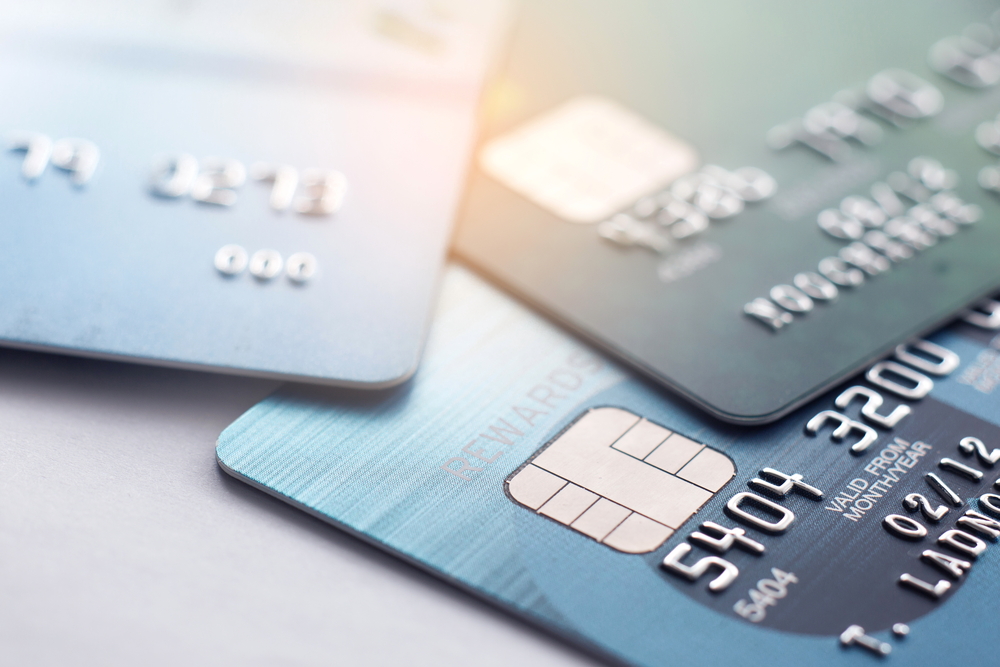If you are worrying about credit card debt, and especially if the bills are mounting, a chilling thought may come to you. “What happens to my credit cards after I die?”
Aaron Leak, founder and wealth manager at his firm, ECL Private Wealth Management, was recently featured on Cardratings.com to discuss the issue of what happens to credit card debt when you pass away.
In general, there are 5 key takeaways:
- The estate generally takes over when someone dies with credit card debt
If there is money, or some money left in your estate to pay off credit cards, courts could divvy up the estate to creditors and whatever is left unpaid is written off.
Aaron Leak explains it this way: “When you die, any debt you leave behind usually must be paid before any assets are distributed to your heirs or surviving spouse.”
“Debt is paid from your estate, which simply means the sum of all the assets you had at the time of your death. The executor of your estate uses the assets in your estate to pay your outstanding debts. If you have more debts than you have assets, your estate is insolvent.”
Some of how debts are paid off is determined by state law, according to Leak. If you’re really concerned, he suggests hiring an estate attorney to advise you.
2. Credit card debt may be written off by the credit card company
While credit card companies can go after any money you leave behind in your estate, when it comes to credit card issuers, most creditors choose to write off uncollectable debts to get a tax credit.
But that doesn’t mean debt collectors won’t call. For instance, if you had credit card debt that went to a debt collector before you passed on, your family could still get calls. They have no legal standing to collect that debt, though, as long as your family members didn’t co-sign for the debt on the credit card.
3. Authorized users are usually NOT responsible for leftover credit card debt
In general, family members who are allowed to use the card as an authorized user and not a co-signer of the card are off the hook in terms of owing that money back. There could, however, be some implications for their credit report and score if an authorized user on a credit card had debt that never got paid back.
4. Stop using the card immediately
An authorized user needs to stop using the credit cards the moment the primary cardholder dies. Even if you plan on paying the money back, you should not use the card.
Even a spouse cannot continue using the credit card of their deceased partner. Doing so is credit card fraud. The only time that’s possible is if the partner is a joint cardholder, which is a fairly rare situation these days.
5. Have your family call to cancel the card and have documentation (such as death certificate) ready to submit to ease the process
Read the original article here:
https://www.cardratings.com/what-happens-when-someone-dies-with-credit-card-in-their-name.html
Other websites:
http://www.publicnow.com/view/D75D9139A89995828058ADA557F5F167517D258E














